How Venezuela fell from riches to a country in crisis
The Latin American trailblazer's spiral into economic ruin
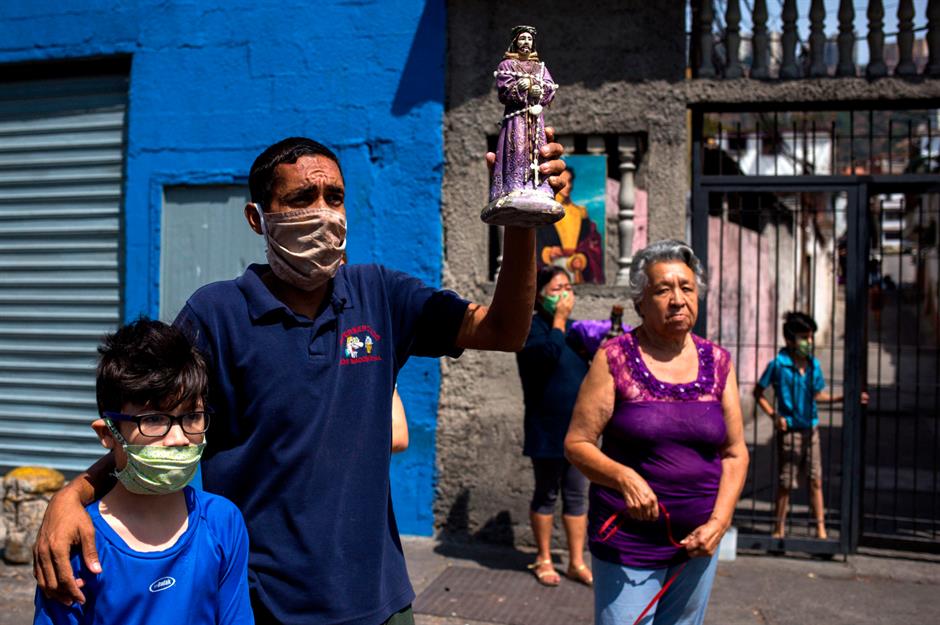
Venezuela has spiralled from being Latin America’s richest country to a poverty-stricken nation where 80% of households suffer from food insecurity. Economists have called it the worst economic collapse outside of war in more than four decades. As the country is now faced with the added challenges of coronavirus, will it ever be rescued from total financial and social collapse? Click or scroll through to see Venezuela’s incredible rise and fall, starting from the discovery of oil there in 1914.
Discovery of black gold
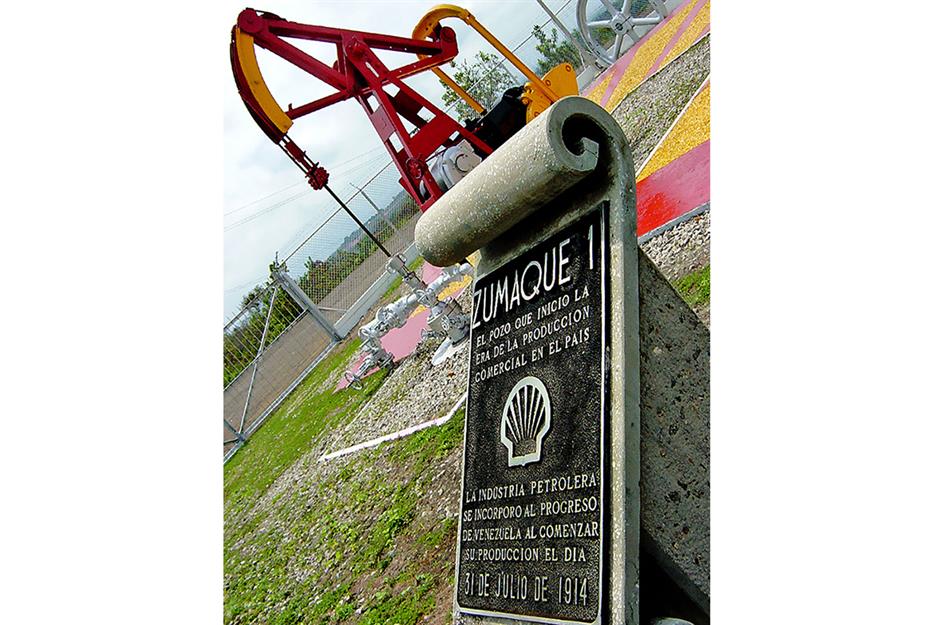
Major oil exporter
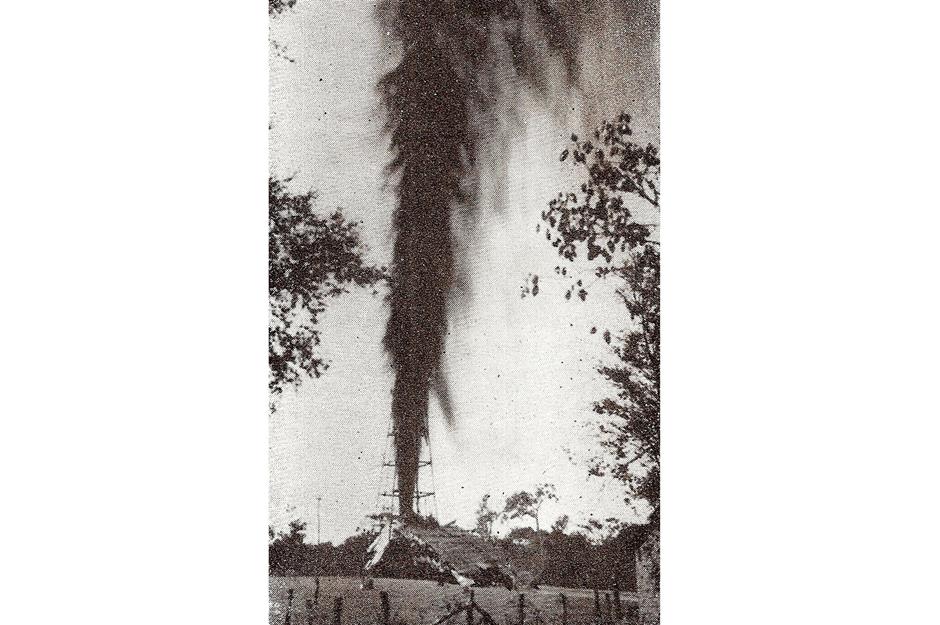
Sponsored Content
Government cut
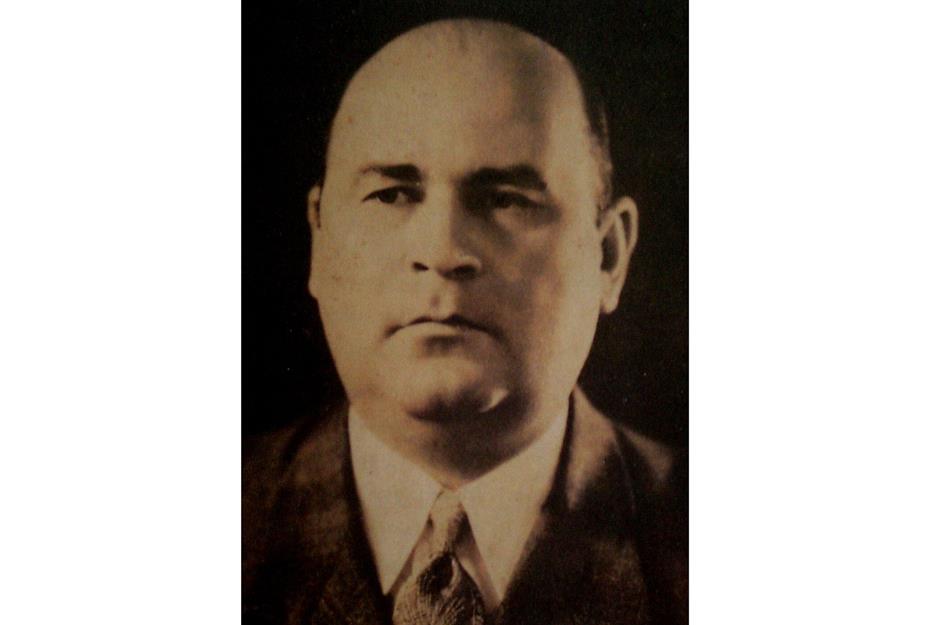
50:50 rule
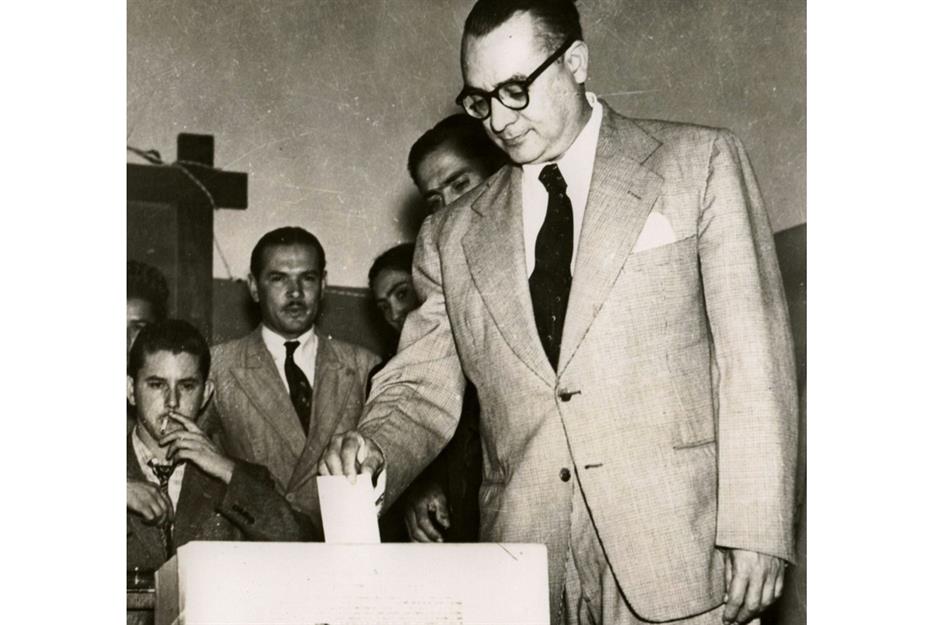
Higher standard of living
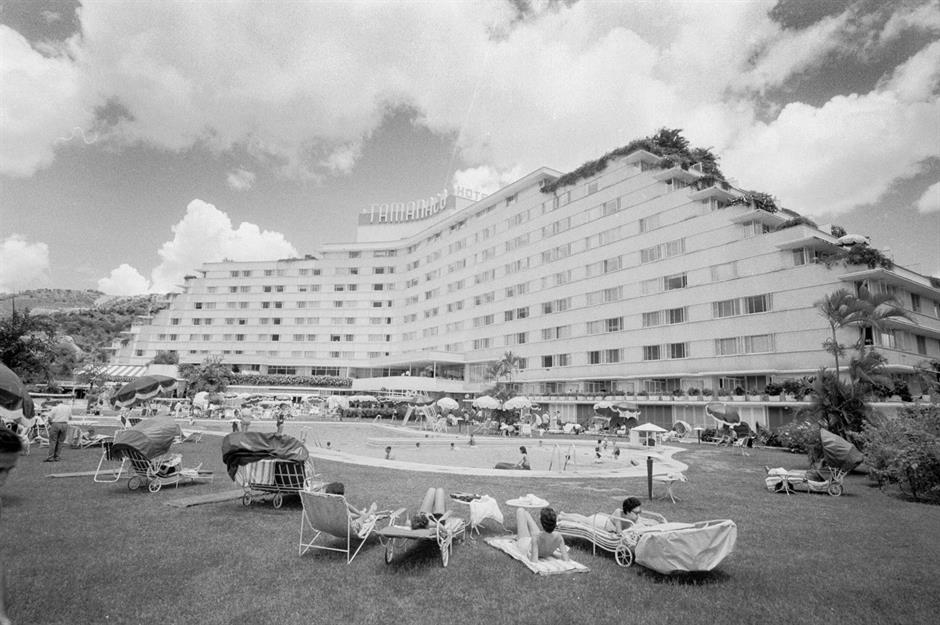
Sponsored Content
Fourth richest nation
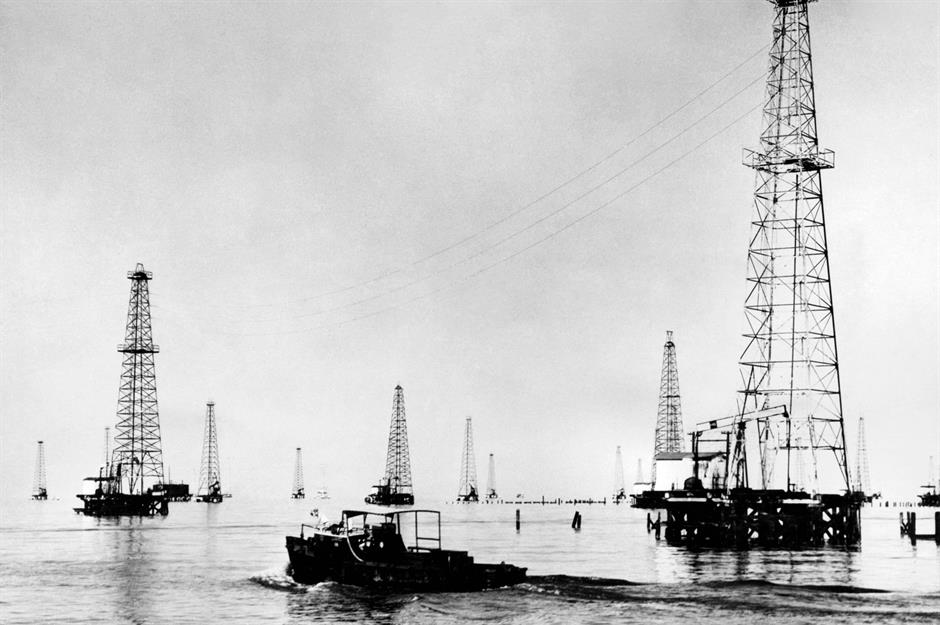
Rich country
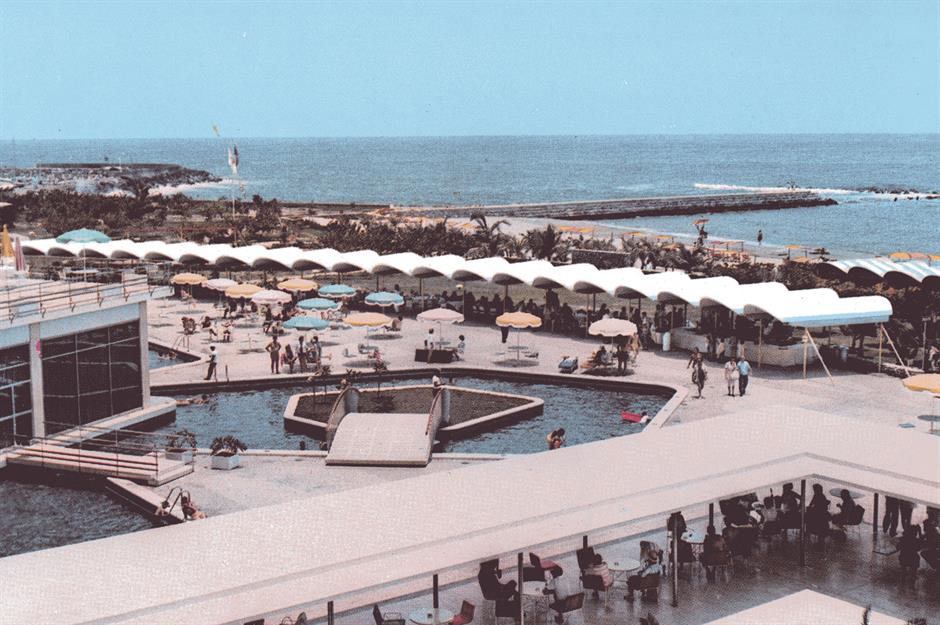
Balancing the books
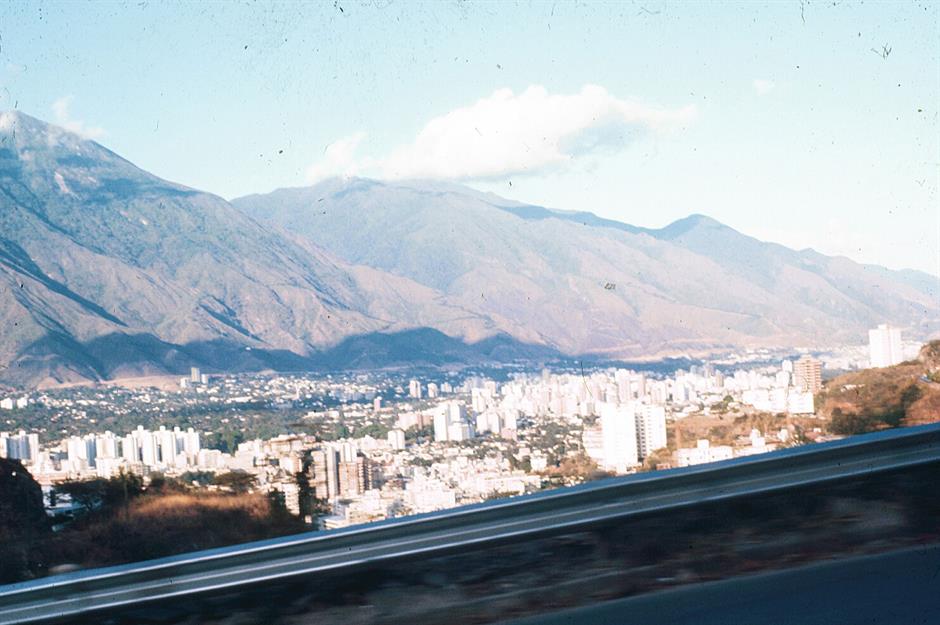
Sponsored Content
Boom times
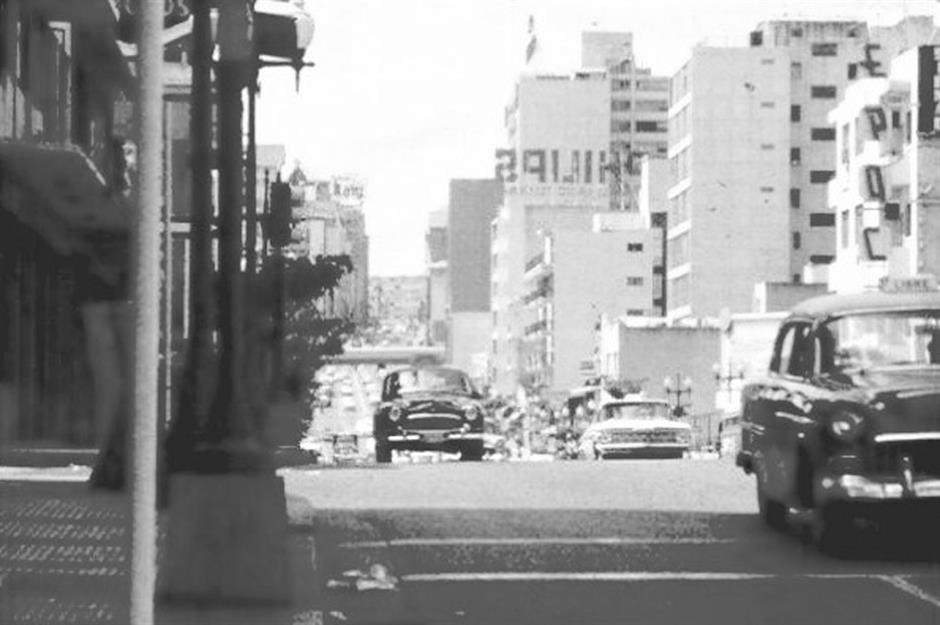
Efforts to diversify
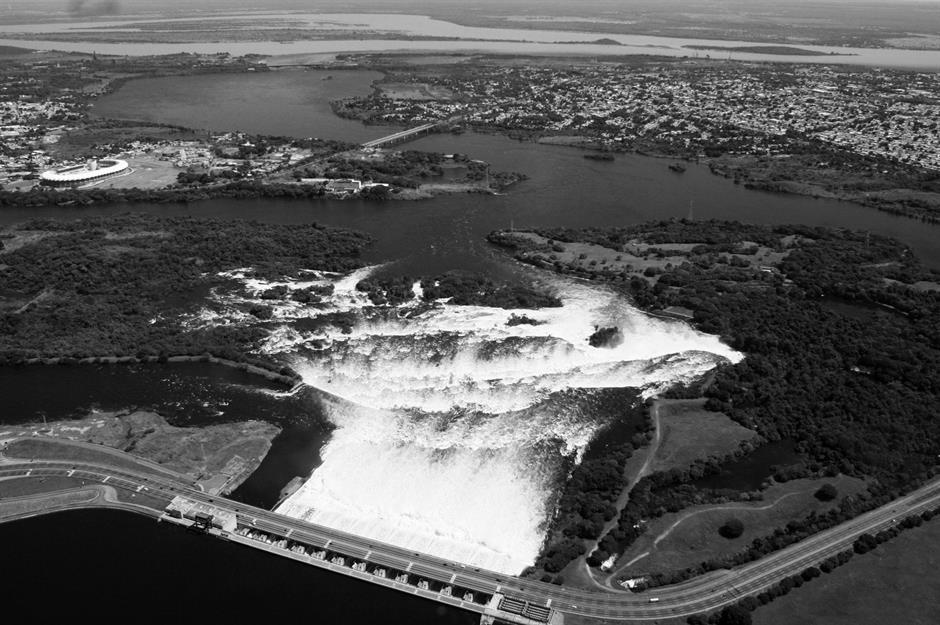
Comfortable life
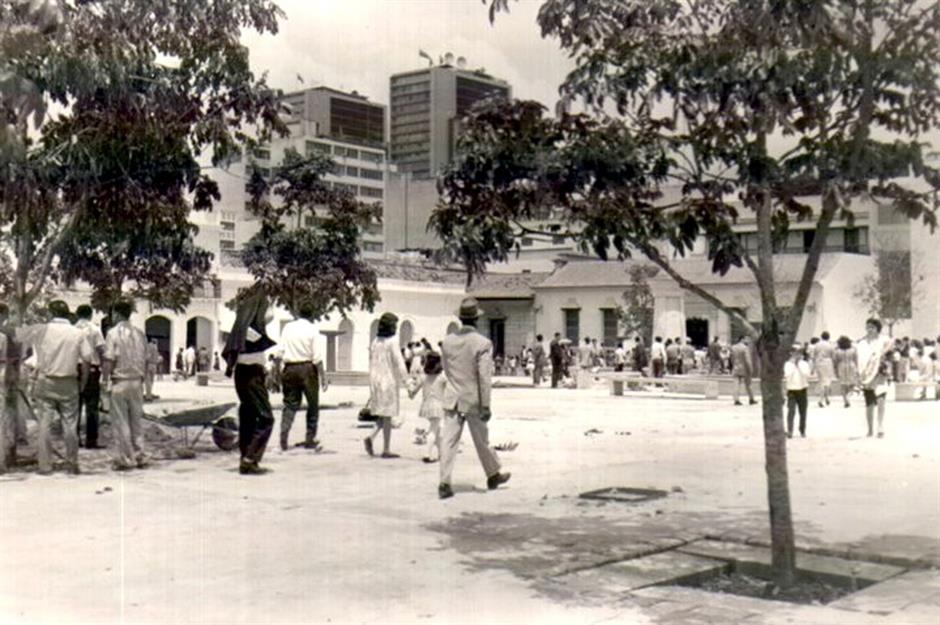
Sponsored Content
Unprecedented living standards
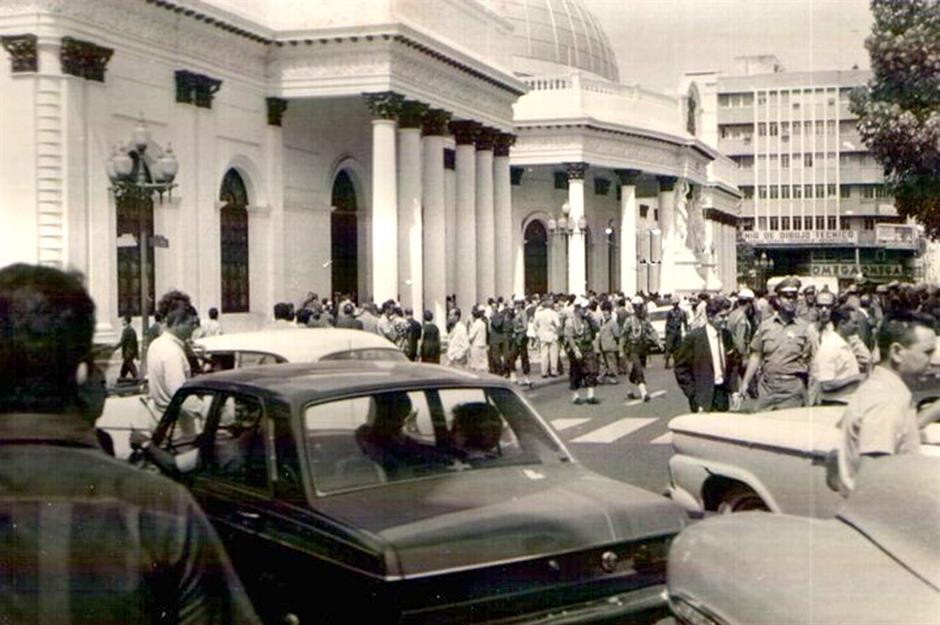
Caldera ditched the 50:50 rule and imposed an oil profit tax of 70%, paving the way for the nationalisation of the oil industry. The government upped spending on housing, education, healthcare and more, which further improved the standard of living for the average person in the country. Venezuelans had never had it so good.
Oil industry nationalisation
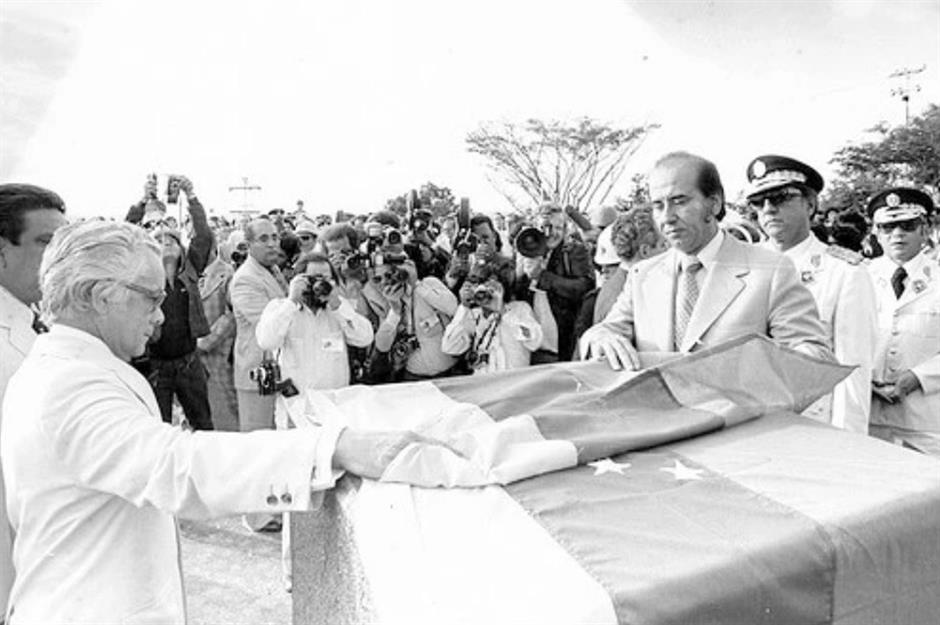
OTT expenditure
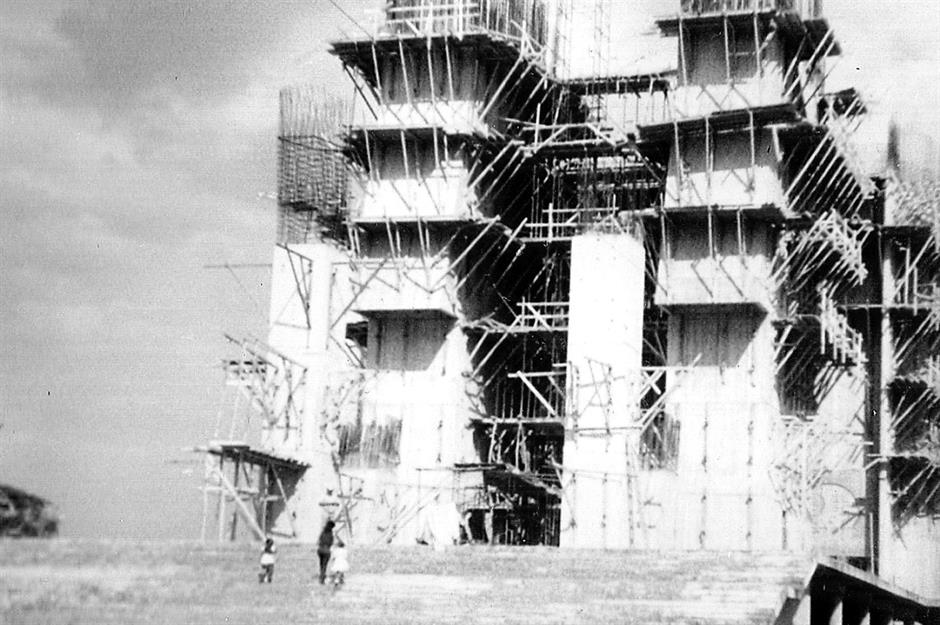
Sponsored Content
Rot setting in
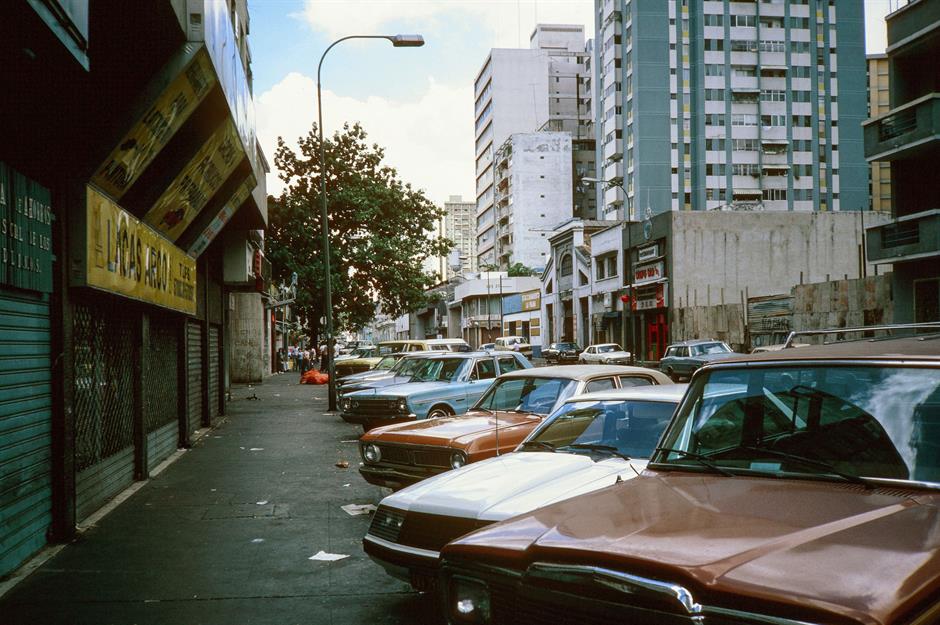
Drowning in debt
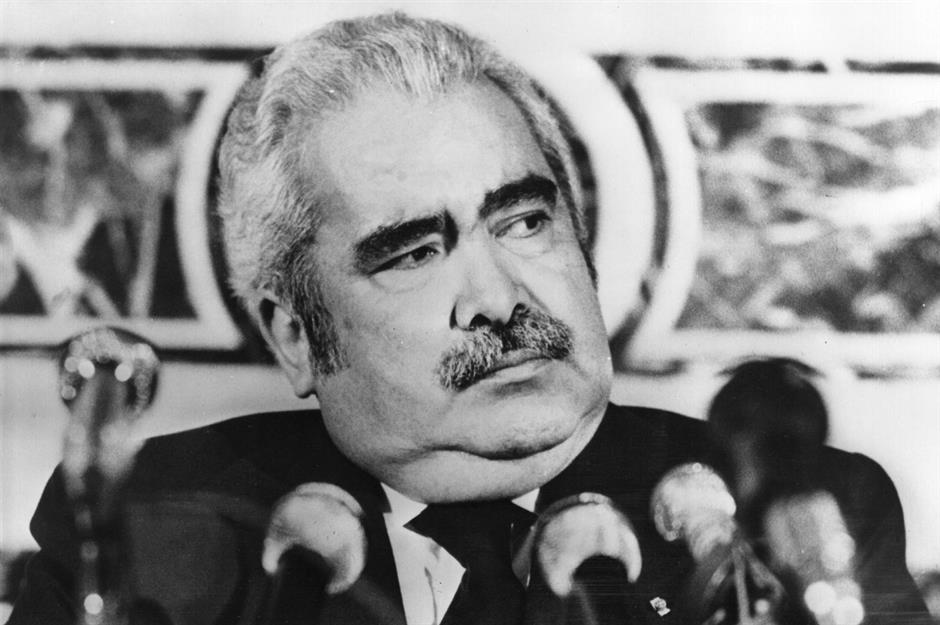
Black Friday
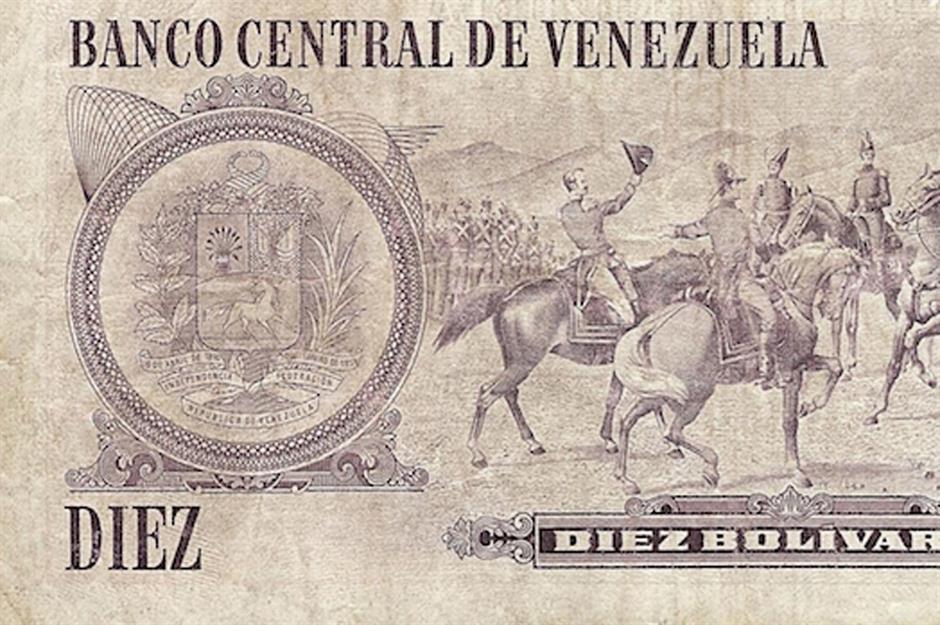
Sponsored Content
Shock therapy
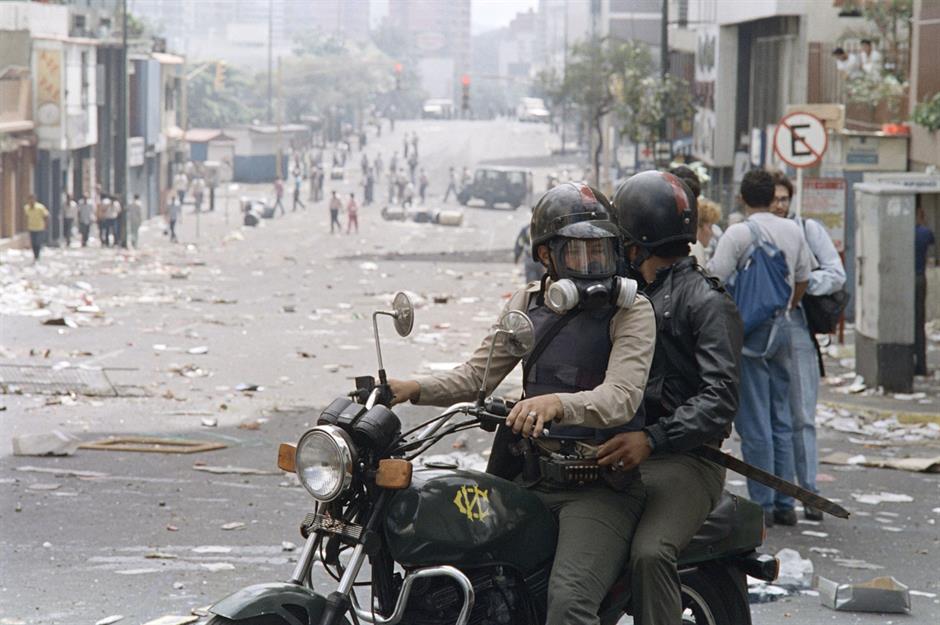
Failed coup
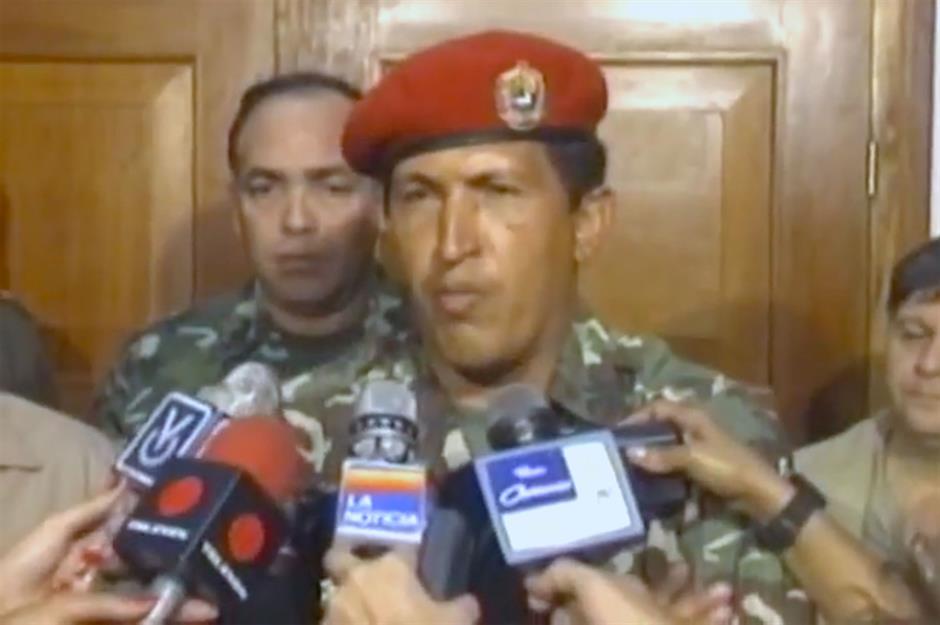
Banking crisis
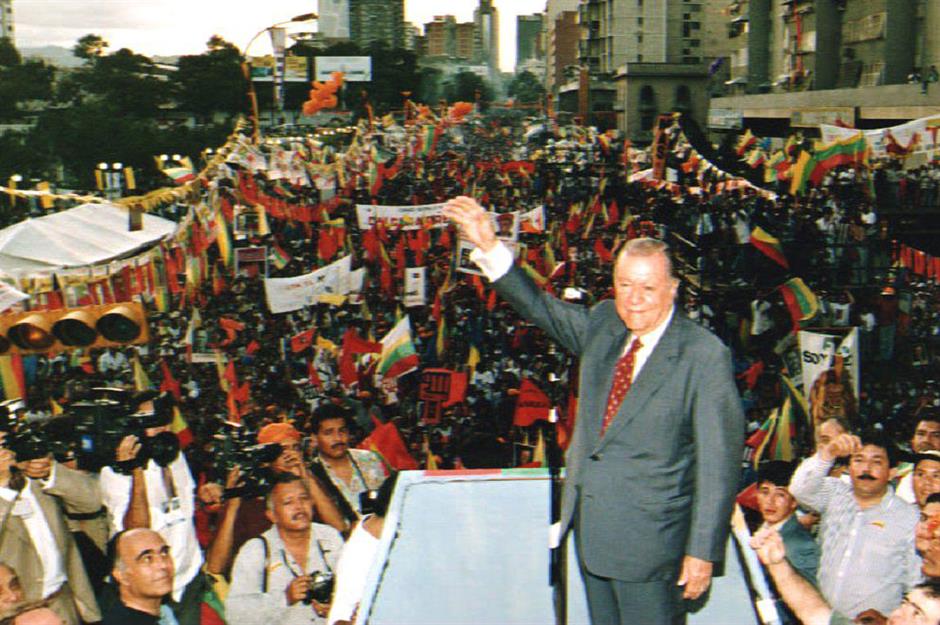
Sponsored Content
Dire straits
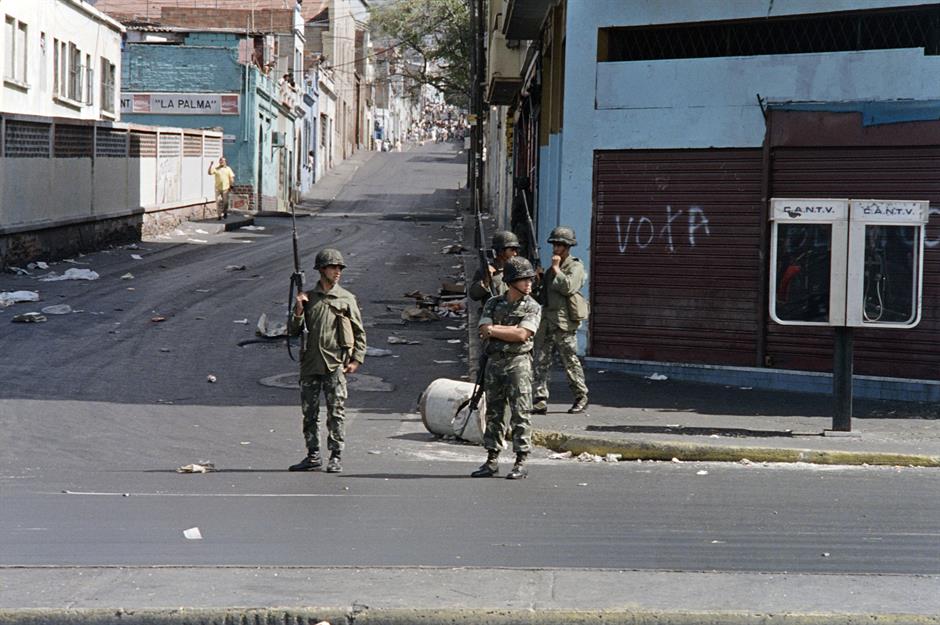
Rise of Chávez
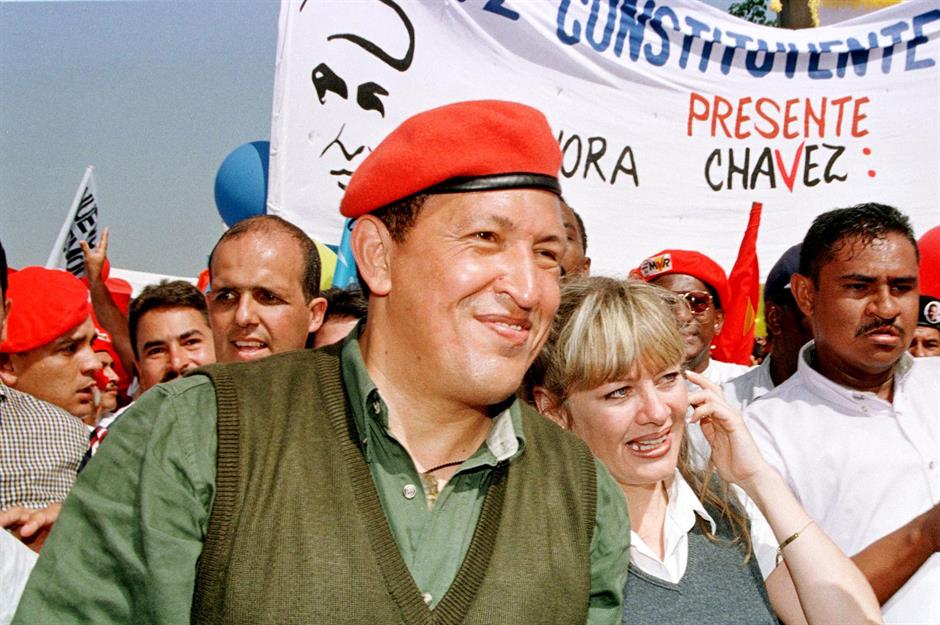
Bolivarian Republic
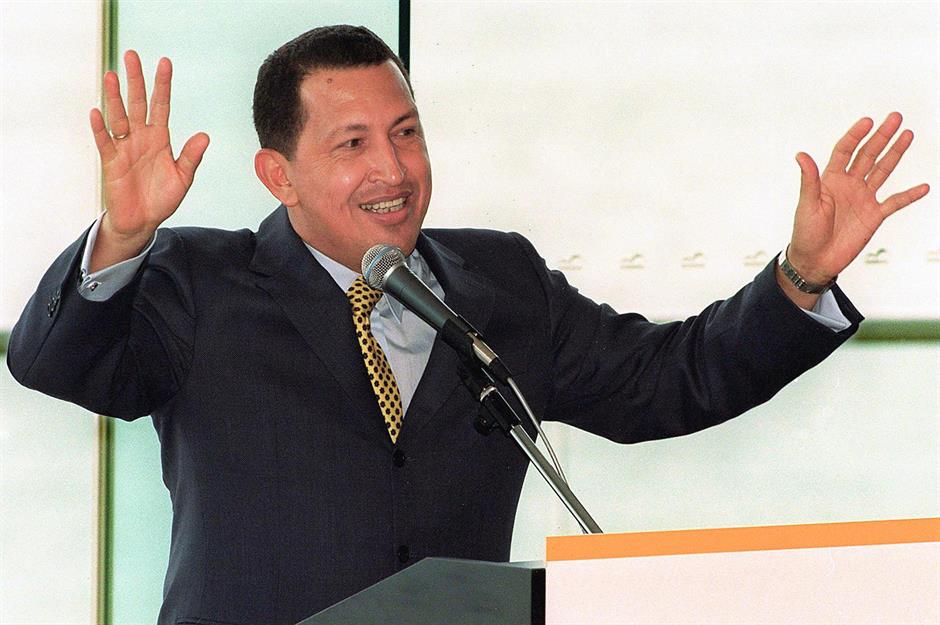
Sponsored Content
Economic mismanagement
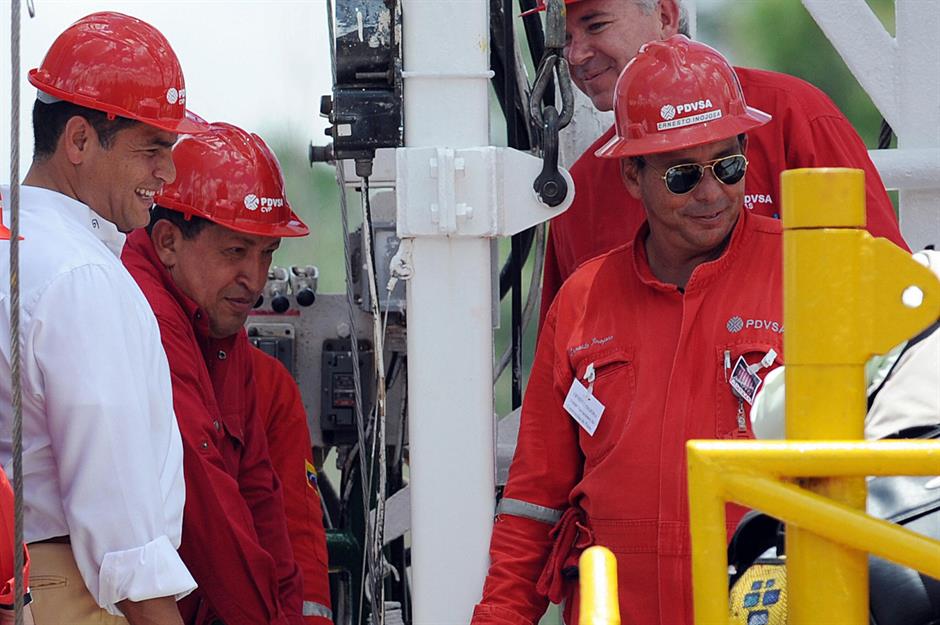
Unsustainable policies
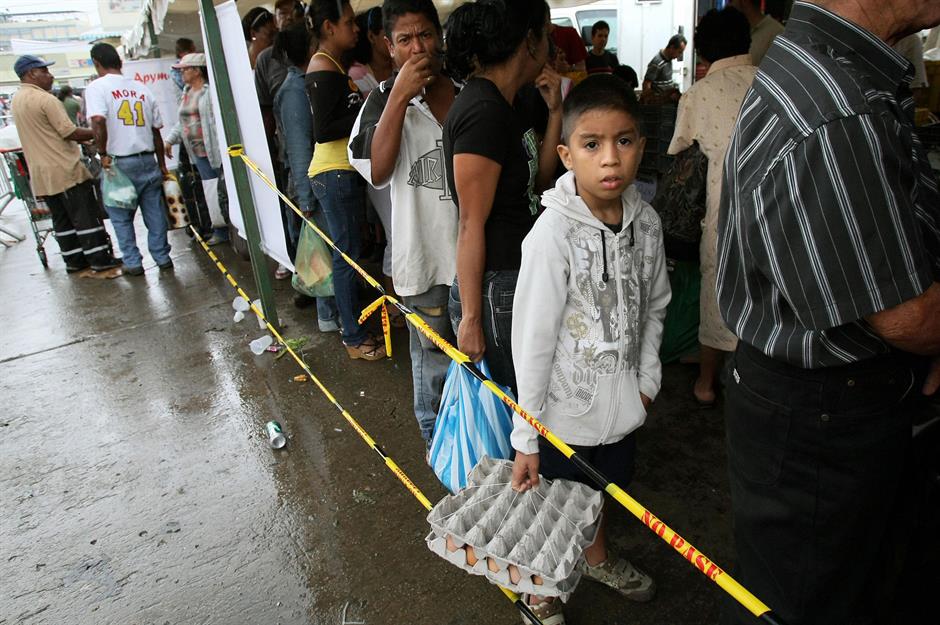
Social breakdown
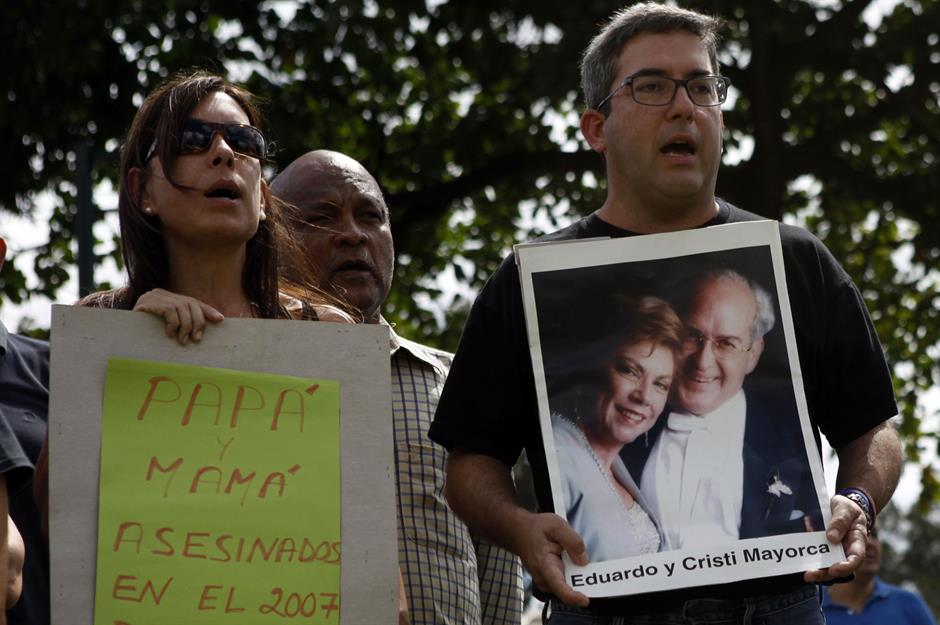
Sponsored Content
Dubious third term
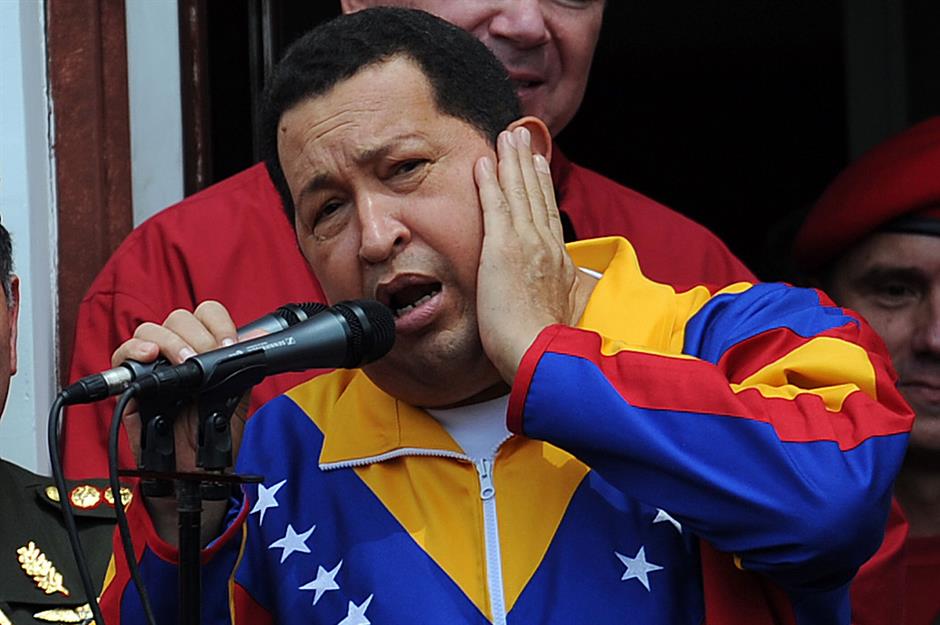
Maduro in power
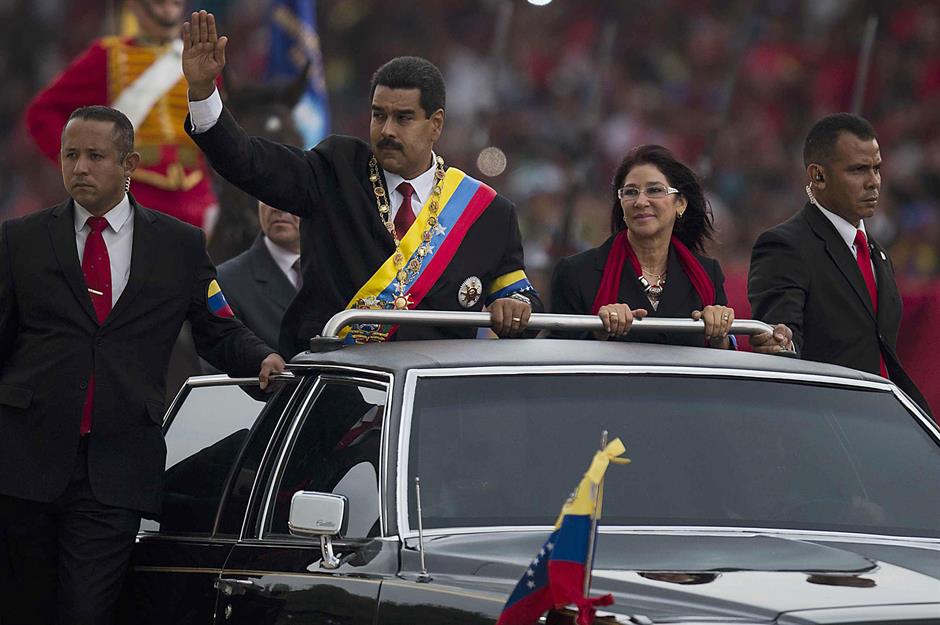
Economic ruin
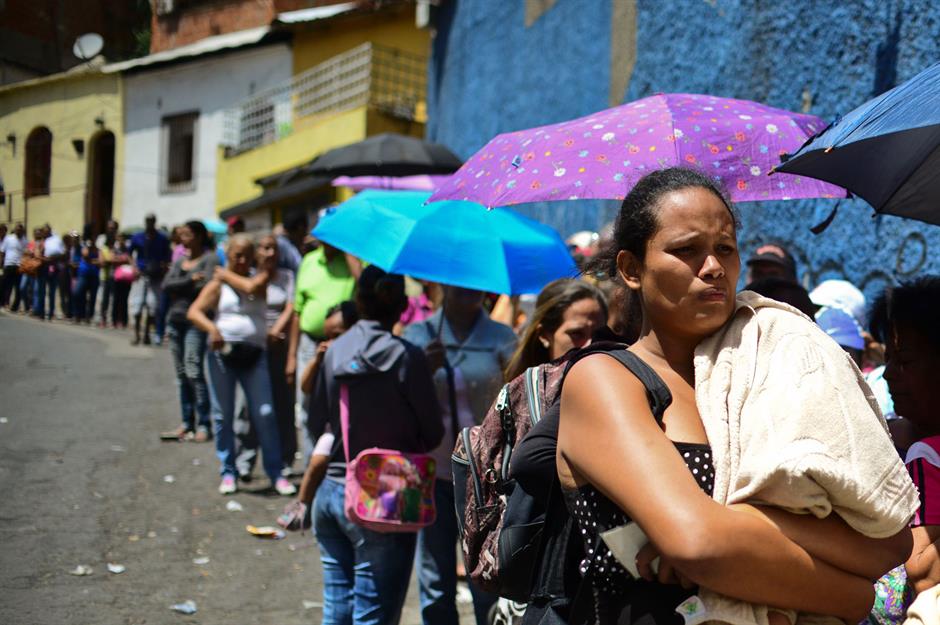
In 2017, the Venezuelan economy was 35% smaller than it was in 2013 and GDP per capita had shrunk by a whopping 40%. Shockingly, over the past few years the Venezuelan economy has contracted more than that of the US during the Great Depression and the economy of Russia following the fall of communism. The crisis has left 80% of the population in food insecurity according to a 2018 nationwide study.
Venezuela is one of a number of countries that used to be rich but are now poor
Sponsored Content
Widespread hunger
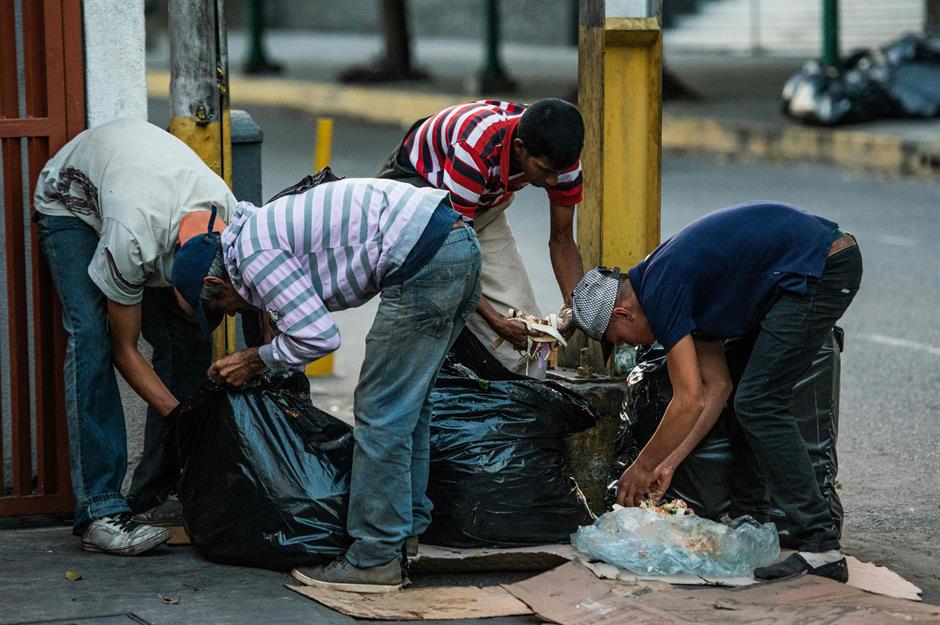
For the year 2018, inflation was at a staggering 130,060% according to Venezuela’s central bank. Thankfully the rate of inflation dropped sharply to 9,585.5% for the year 2019, after the government relaxed the stringent regulations that had been in place for 15 years, as well as sharply reducing the circulation of the bolivar currency. However hunger remains widespread, and many have resorted to eating their pets and rifling through rubbish bins for food.
These photos show the cities where prosperity and poverty are neighbours
Political resistance
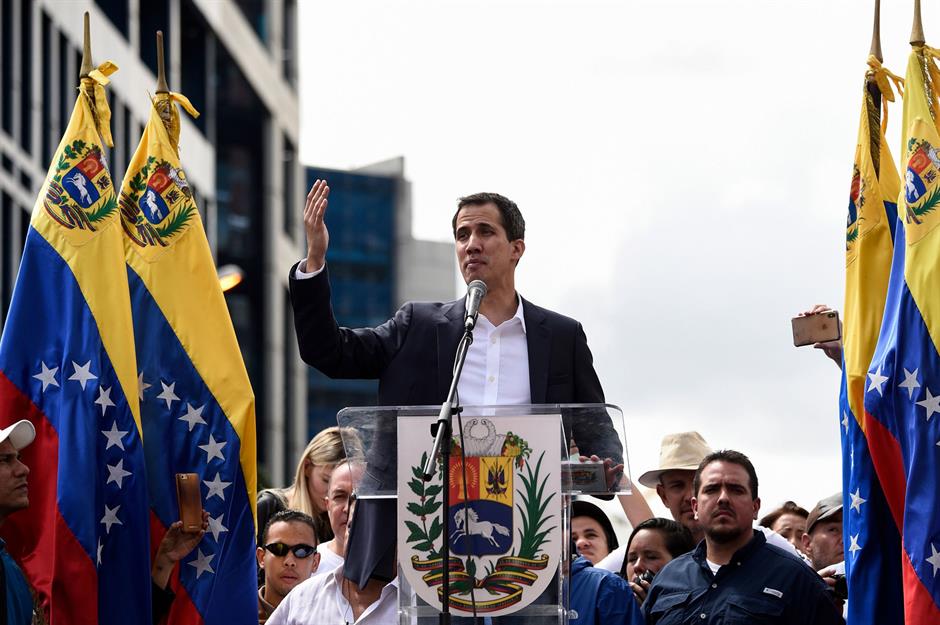
Maduro's wrong-footed policies, which include refusing aid from non-socialist nations, have only made the nation's lot more hopeless. With the support of the US, EU and numerous countries in Latin America and the rest of the world, centre-left opposition leader Juan Guaidó has declared himself interim president, but Maduro refuses to budge, and the appalling situation in Venezuela has worsened even further.
Uprising and violence
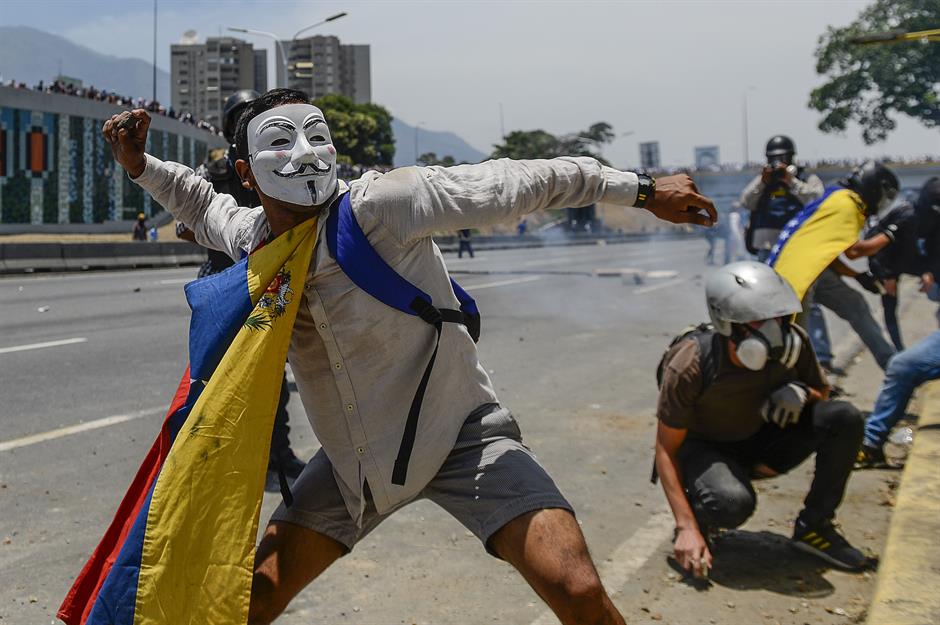
As Guaidó and his backers believed Maduro would finally fall at the end of April 2019, the opposition leader called for a military uprising. But while tens of thousands of citizens showed up for a general strike, too few soldiers and members of the government followed. Instead violence escalated over several days in February 2019, leading to more than 200 injured protestors and even four dead. Guaidó has since started exploring alternatives to oust Maduro which haven't been successful as yet.
Sponsored Content
Widespread blackouts
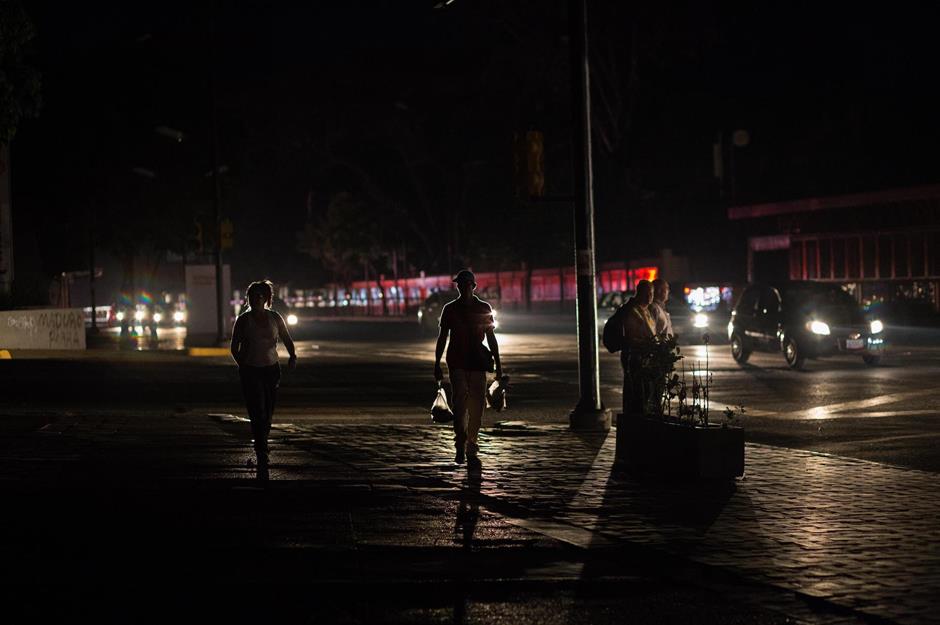
Years of corruption and mismanagement increasingly lead to widespread electricity outages across the country, with particularly bad shortages in March and July last year, which left millions without power. While the government blamed the blackouts on an "electromagnetic attack" by the US and the opposition, experts warn severe outages could become normal. The July blackouts affected about 80% of the country, causing chaos in the cities. Traffic lights and the subway stopped working and hospitals were without any power.
US sanctions intensify
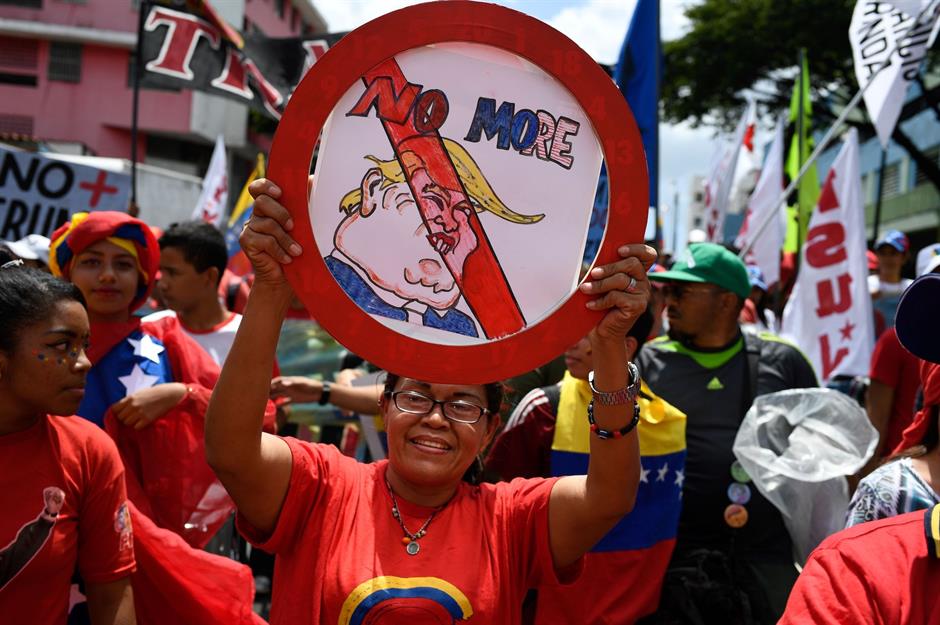
To pile the pressure on Maduro, in August 2019 US government broadened economic sanctions against Venezuela. The Trump administration froze all Venezuelan assets in the US, barred transactions with its authorities and imposed sanctions on individuals close to Maduro. In March 2020, President Trump announced a $15 million (£12m) bounty on President Maduro on charges of drug trafficking.
Oil prices tumbling
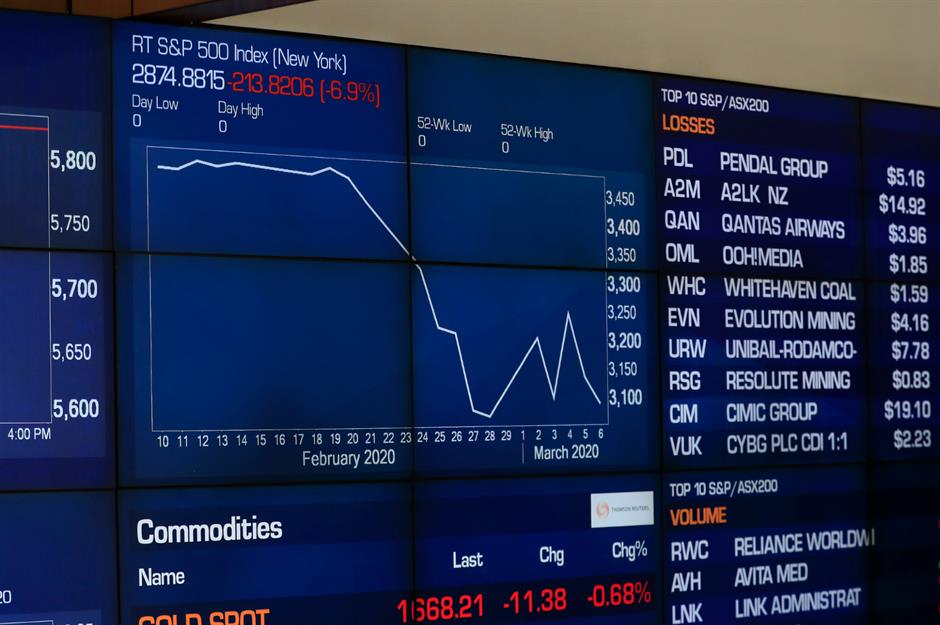
Sponsored Content
US sanctions still stand despite coronavirus
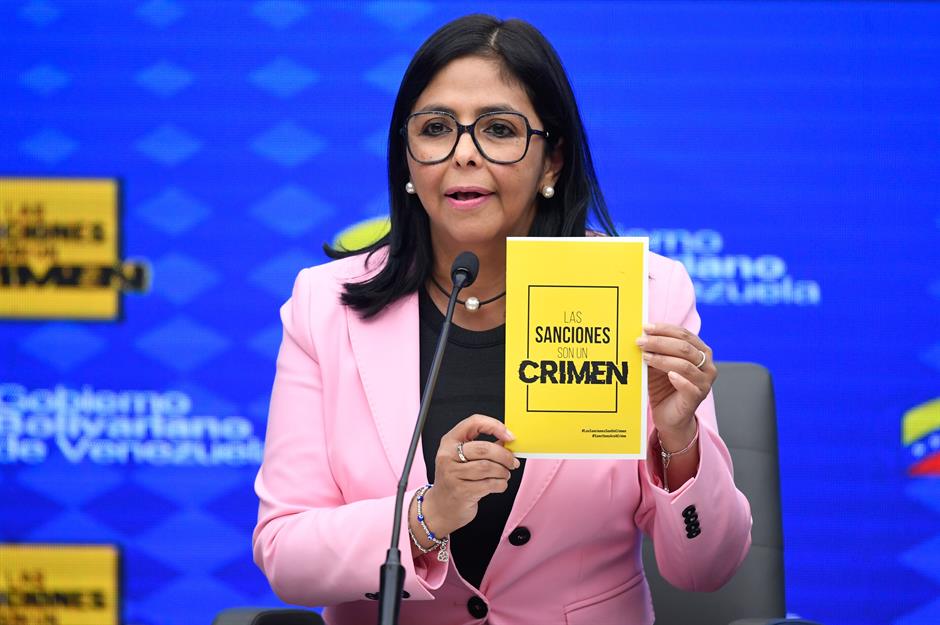
The Trump administration has gone against the advice of world leaders and intensified sanctions on Venezuela. These sanctions supposedly have exemptions on humanitarian aid, enacted by the Obama administration, but in reality they still make it difficult for aid to reach Venezuelans. “In a context of global pandemic, impeding medical efforts in one country heightens the risk for all of us,” said Michelle Bachelet, the UN commissioner for human rights. Pictured is Venezuela's Vice-President Delcy Rodriguez, holding a pamphlet which reads “The Sanctions are a Crime”.
Coronavirus enters the country
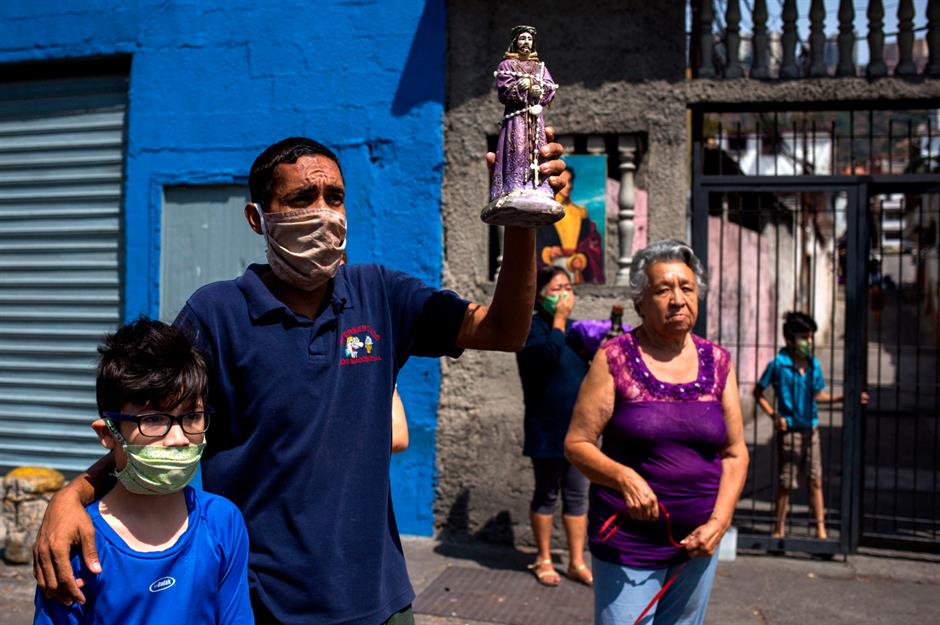
Although Venezuela had just a few hundred recorded cases of COVID-19 at last count (although the real figure could be much higher), even prior to the crisis healthcare staff had reported shortages of equipment and medicine. Dr Oscar Noguera, an internist and director of Ancora Humanistas, an NGO in Venezuela, told Al Jazeera: "The number of intensive care beds available in the country is barely close to 80." The country is already in crisis mode after years of economic hardship and sadly is frighteningly ill-prepared to deal with this massive challenge to public health.
Now see some other countries' economies hardest hit by coronavirus
Comments
Be the first to comment
Do you want to comment on this article? You need to be signed in for this feature